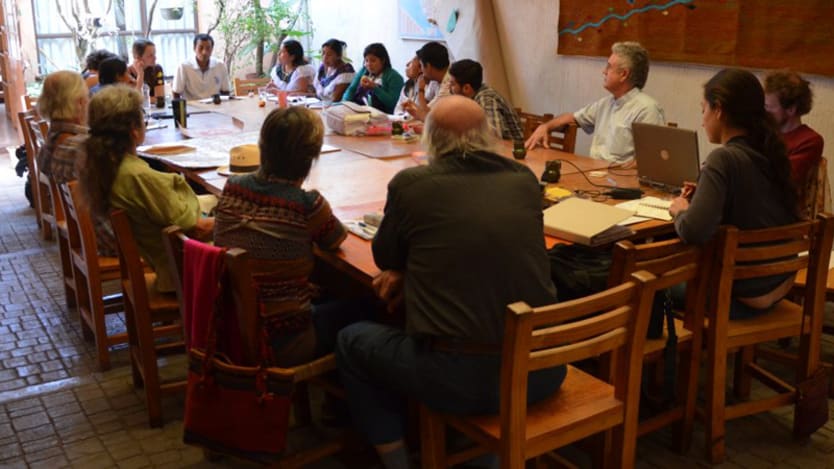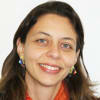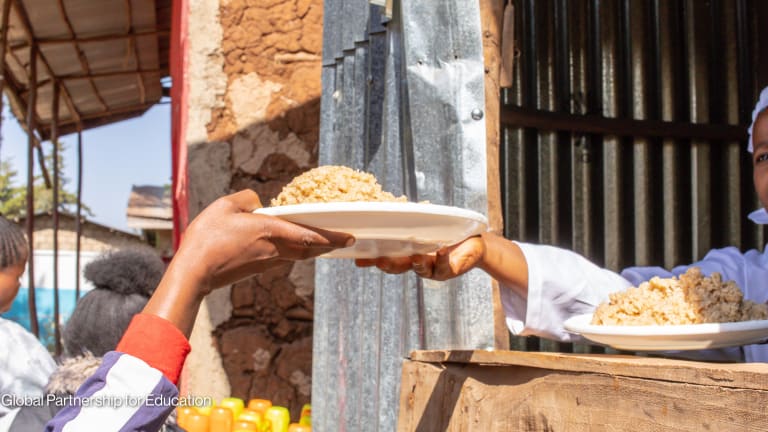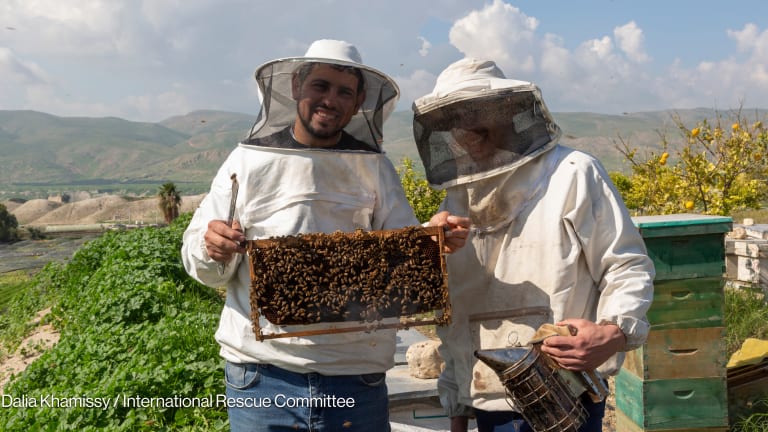
Nelson Mandela said that education is the most powerful weapon we can use to change the world. Education has also historically been among the most widespread and popular responses to social justice. As a result, education is often taken as a ‘fit-for-all’ solution, where the benefits of access to education are unquestionably positive.
At the same time, traditional education institutions have been criticised for reinforcing social exclusion. In the United States, for instance, 80 percent of 18 to 24 year-olds from the top family income quartile were enrolled in postsecondary education in 2014, compared with just 45 percent of those in the bottom quartile.
Many inclusive education initiatives, such as Massive Online Open Courses have focused on university fees, physical access and time constraints as the main barriers to education. However, research has shown that the most transformative innovations in inclusive education are not likely to come from techniques to promote access alone.
To achieve inclusive education, it is important to consider the omnipresence of power structures; the divergent interests of the actors involved; the importance of contextualisation of education; and the possibility to challenge models of education and pedagogy. In any case, perhaps the first question to be asking should be: What is the role of education and why it is important to make it inclusive?
See more stories on education:
► Lessons from Burkina Faso's inclusive education system
► World Bank offers new financing for development MOOC after 32,000 users took the first one
► A world-class university town
► 10 startup initiatives that are rethinking global education
Education has a crucial yet delicate role in society, as it shapes political, social and economic ideas, and transmits values that influence the future opportunities of individuals. Traditional education is constantly criticised for using obsolete methodologies which limit critical thinking and creativity. In imagining an alternative educational model for the United States, activists have pushed for a curriculum that includes skills related to living an independent adult life as well as social knowledge — e.g. power, oppressive practices, politics, class exploitation.
The inspiration behind these ideas comes from South America. In 1960, Paulo Freire started to be concerned about how illiterate people in Brazil were learning to read and write in a mechanical, hierarchical and inhuman way. As a response to this, he created a national programme combining emancipatory dimensions with literacy skills. The emancipatory dimensions were described as a process of “conscientisation,” through which learners were able to question and reflect on social contradictions through the words they would learn.
The purpose of inclusive education is empowerment for all people, communities and societies — economically, socially, ethically and politically. A number of national and regional approaches in South America are leading the way in tackling persistent challenges facing inclusive education.
The case of Brazil
The government of Brazil has managed to create a model of online education which takes into consideration the importance of contextualisation of education. Started in 2005, the project’s goal was to facilitate access to higher education by integrating public universities into a single online system. This initiative is using distance education to tackle the unequal distribution of higher educational institutions across Brazil.
The initiative uses physical “learning centers,” where students can complement their online learning with face-to-face discussions and collaborative activities. Currently, about 90 percent of the centers are located in municipalities with fewer than 100,000 inhabitants, which previously had little or no access to universities.
In these centers, the students and local staff are welcomed to shape the curriculum and intervene with pedagogical ideas. The result is that the role of education is perceived and used in diverse ways in different regions in Brazil. In the south for instance, the centres are academic, traditional and formal, whereas in the north, the main focus was on using access to education to create social change and increase political engagement.
Mexico’s model
Like Brazil, Mexico has implemented an innovative local educational model, responding to local needs. Modern education in Mexico started in 1861, when then President Benito Juárez tried to design an educational system that would unify Mexico’s fragmented national identity and facilitate education access for indigenous communities.
After years of resistance from the indigenous communities, schools and teachers were imposed by the government onto the communities, whose response was to withdraw their children from local schools because they felt their cultural heritage was in danger. Similarly, they did not want to send their children to other schools/universities because history has shown that students abandoning their communities to get higher education would end up “in degraded jobs” in cities.
In 2003, Mexican activist Gustavo Esteva created Unitierra — the University of Earth. The aim of Unitierra was to create an autonomous and local space, where people could learn communally and without an imposed curriculum. The institution is now recognized as a pillar for community development and a model of how local knowledge is vital in preparing local populations for the lives they face.
Fostering inclusive education
These examples from South America offer lessons for how education programs can progress the cause of inclusiveness in the rest of the world.
Define the role of education. It is important to remember that education englobes a large variety of meanings and diverse goals, and that it does not necessarily produce positive outcomes.
Inclusive education can reside in pedagogical innovations. Paulo Freire, by challenging the teacher-student hierarchical structures, invited people to reimagine the assumptions on how people learn and teach.
The road to real results for online learning in developing countries
MOOCs promise the potential for universal access to education — but some argue that the global development community needs to shift the metrics of success to realize this goal.
Scaling the same educational models is not enough. MOOCs have proven that using online technologies to open access to education does not create inclusive education as they often reach the same — already educated — audience as traditional education.
Educational initiatives should be designed in their context. The Brazilian example has demonstrated that if education is largely distributed, openness to adapt it to local needs should also be promoted and facilitated.
The meaning of knowledge, education and learning can vary from one region to another. Unitierra, for instance, views education as a catalyst of social change and describes learning as being communal.
The importance of communication and collaboration with the “recipients” of inclusive education. Both examples have proven that local people and students can create, adapt and pilot their own educational path.
Education, because of its place in society and longstanding history, seems to be set in stone. In this scenario, inclusive education would focus primarily on increasing access to education. This study encourages questioning the roots of education and the meaning of inclusive education. The next question to be asked is: If education is really a process of learning, should we not talk about “education-by-all” instead of “education-for-all?”
Join the Devex community and access more in-depth analysis, breaking news and business advice — and a host of other services — on international development, humanitarian aid and global health.










